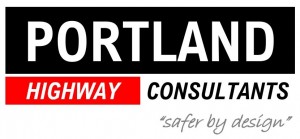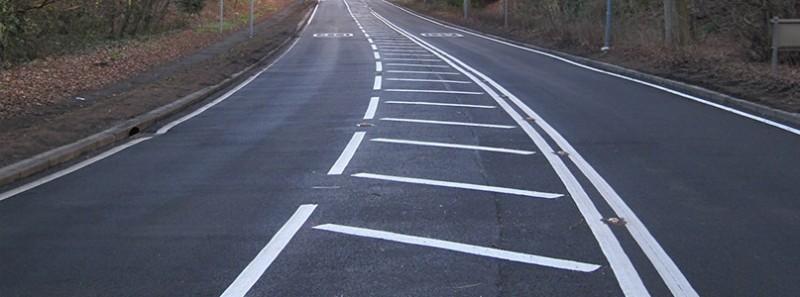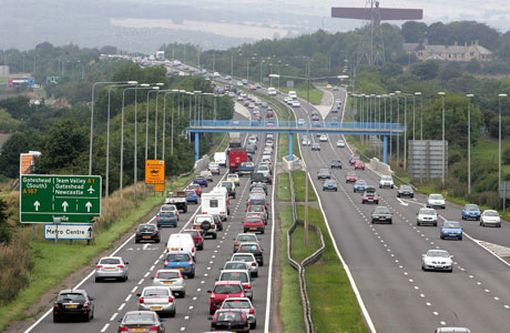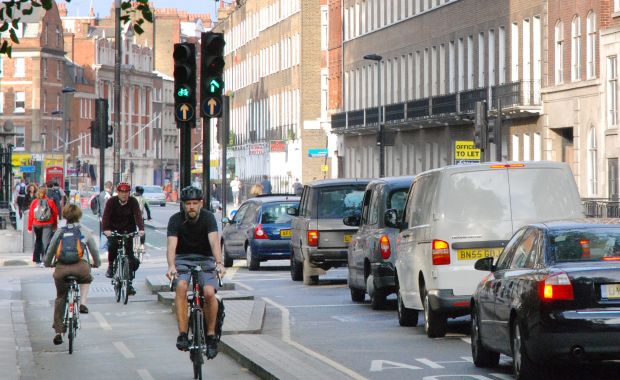Road Safety Audit – Competitive Quotes
WORKING TO STANDARDS
Portland Highway Consultants Ltd has a very comprehensive working knowledge of UK Road Safety Audit Standards which not only demonstrates our adaptability when it comes to undertaking Road Safety Audits, under National or local standards, but also our flexibility in approach. These include:
Strategic Road Network Standards
In November 2018, the Department for Transport published a revised Standard for Road Safety Audits as part of the Design Manual for Roads and Bridges (DMRB). Superseding the previous Standard published in 2015, GG119 is the prime source of guidance for Road Safety Audits undertaken on motorway and trunk roads in the UK and has been widely adopted by many Local Authorities as “best practice” for local roads.
With the onus in this Standard being to ensure all Audit Teams are made up of experienced and qualified staff, all of our Road Safety Auditors meet the requirements of this Standard. The majority of our Auditors are current accredited members of the CIHT Society of Road Auditors (MSoRSA) and hold the Certificate of Competency in Road Safety Audit (Highways England and EU approved). It is a mandatory requirement that at least one member of the Audit Team holds this certificate when undertaking Road Safety Audits on the Trans European Network and Highways England Strategic Road Network.
Chartered Institute of Highways & Transportation (CIHT) Guidelines
The Guidelines for the Safety Audit of Highways was published in 1990 in response to the growing number of Local Authorities beginning to undertake Road Safety Audits. Revised in 1996, 2008 and 2019 to reflect the current practices of both local Authorities and consultants undertaking Road Safety Audits, Portland Highway Consultants Ltd Auditors are well versed in applying this standard.
Local Authority Procedures
Many local authorities use either the DMRB Standard or the CIHT guidelines for the undertaking of Road Safety Audits, whilst some use a combination of the two. However, some authorities have recognised the need to develop their own Road Safety Audit procedures to reflect local policy and conditions. Portland Highway Consultants Ltd offers a flexible approach to these policies and procedures and can undertake Road Safety Audits in accordance with such local procedures.
General
In addition, following extensive research into local conditions, policies and needs of a Local Authority, Portland Highway Consultants Ltd can also provide Clients with the following services:
- Advice on the Road Safety Audit process, including roles and responsibilities;
- Preparation of bespoke Road Safety Audit policies and protocols; and
- Road Safety Audit Training.
UNDERTAKING THE AUDIT
Collectively our Portland Highway Consultants Ltd Auditors have carried in excess of 3,000 Road Safety Audits for a wide range of clients, and scheme type, throughout the UK and the Republic of Ireland. Our Auditors are all fully qualified and meet the Highways England requirements, as set out in DMRB HD19/15. The majority of Auditors also hold Highways England approved – Certificate’s of Competency in Road Safety Audit. We understand the nature of project deadlines and the need for a competitive, prompt and flexible service.
Our Audit Teams are very experienced in the management and undertaking of all four stages of Road Safety Audit. These are as follows:
Stage 1 – Completion of Preliminary Design (Order publication Stage)
This is the last opportunity to consider land implications, paying particular attention to horizontal and vertical alignments, tie-ins, junction layouts and concept road markings and signing. Major changes are limited after this Stage.
Stage 2 – Completion of Detailed Design (Tender Documentation Stage)
At this Stage a full set of Contract Drawings including junction layouts, sign positions, markings, lighting etc. should be made available. In addition, any problems identified in the Stage 1 RSA will be reviewed.
Stage 3 – Completion of construction / substantial completion
Ideally undertaken before opening to live traffic (or within 1 month of this is not possible), this minimises potential risk to both road users and the Audit Team traversing the site. The site will be examined from all road users’ viewpoints (drive, ride, walk and/or cycle) during the hours of daylight and darkness. Again any problems raised in the previous stage RSA will be reviewed.
Stage 4 – 12 months after opening
This Stage of RSA primarily analyses any collision data recorded since the scheme opened to traffic and seeks to identify any common locations or causation factors. This RSA also looks at changes in type, number of and other variables against control data and suggests appropriate and economically justified remedial measures to be undertaken.





